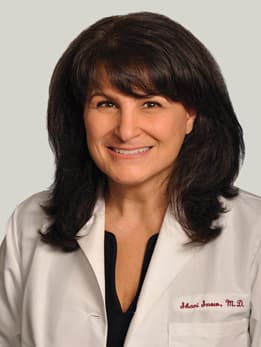Menopause and Perimenopause
Find a Menopause Specialist in Chicago a Suburb Near You

Submit an E-Visit for Vaginitis, UTI or STI Screening
Complete an online questionnaire (e-visit) through your MyChart account to get a same-day diagnosis and a treatment plan for vaginitis (vaginal discharge), a suspected urinary tract infection (UTI), or direct-to-lab screening for sexually transmitted infections (STI).

Nationally Ranked in Gynecology
According to U.S. News & World Report's 2024-25 Rankings

Meet Our OB/GYN Team
Our doctors and midwives are leading experts in world-class obstetrics and gynecology.
Request an Appointment
We are currently experiencing a high volume of inquiries, leading to delayed response times. For faster assistance, please call 1-888-824-0200 to schedule your appointment.
If you have symptoms of an urgent nature, please call your doctor or go to the emergency room immediately.
By submitting this form you acknowledge the risk of sending this information by email and agree not to hold the University of Chicago or University of Chicago Medical Center liable for any damages you may incur as a result of the transfer or use of this information. The use or transmittal of this form does not create a physician-contact relationship. More information regarding the confidentiality of this request can be found in our Privacy Policy.
* Indicates required field






